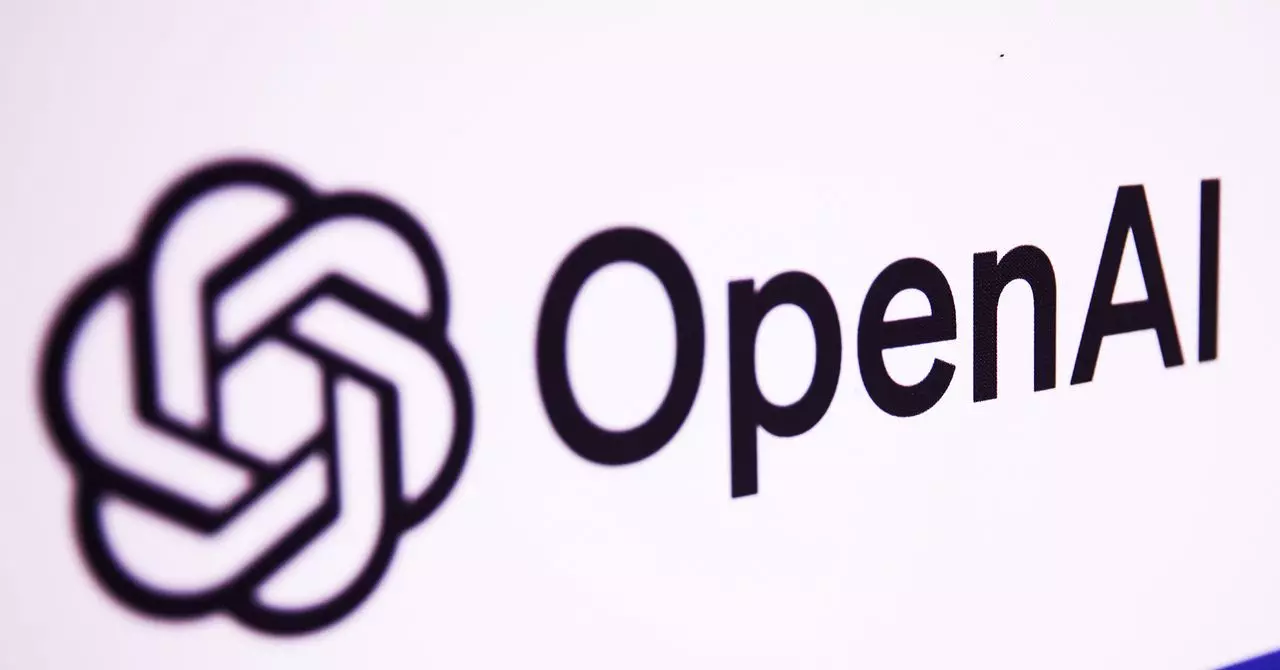The ongoing competition between leading AI companies like OpenAI and Meta is far more than a typical corporate talent dispute—it’s a raw confrontation that exposes urgent challenges in the AI research ecosystem. Mark Chen, OpenAI’s chief research officer, recently conveyed not just a message of resistance but a sense of breach and vulnerability after Meta poached several senior researchers with massive signing bonuses reportedly reaching $100 million. Far from a simple recruiting clash, this episode highlights a deeper crisis: How do organizations fairly and sustainably attract and retain top AI talent in an industry where knowledge and personnel are catalytic to future dominance?
Chen’s analogy of “someone has broken into our home and stolen something” eloquently captures the sense of violation and existential threat felt by OpenAI’s leadership. In this high-stakes game, losing key researchers doesn’t just cost productivity; it potentially undermines strategic positioning in an ever-accelerating AI arms race. The raw urgency behind OpenAI’s increasingly aggressive measures—from recalibrating compensation to exploring novel rewards—reflects how integral human capital is to technological advancement in artificial intelligence. But the outsize offers and “exploding” deals raise questions about whether the industry is nurturing collaborative innovation or degenerating into a bidding war that could harm long-term progress.
Compensation vs. Culture: The Tension Defining AI Recruitment
At the core of this battle is a fundamental tension between vast compensation packages and the intangible cultural and ethical values that researchers seek. OpenAI’s approach, as Chen insists, wants to marry fairness with competitiveness, unwilling to “fight to keep everyone… at the price of fairness.” This principled stance is laudable but difficult to maintain when a competitor’s CEO like Zuckerberg reportedly calls prospective recruits personally, proffering colossal signing bonuses unheard of in previous tech recruitment cycles.
While money is a powerful inducement, culture remains a compelling factor in AI research environments. Sources emphasize that Meta’s aggressive recruiting strategy sometimes clashes with “culture fit”—anthropic’s AI lab is seen as a poor match for Meta’s style, for example. This suggests a deeper paradox: firms can offer infinite money, but they can’t as easily purchase the fertile ideas, trust, and collaborative spirit that emerge from environments where researchers feel valued beyond their paychecks.
The Industry-Wide Implications of the Talent Exodus
The escalating war for AI researchers is symptomatic of a broader systemic imbalance. With so few experts capable of pushing the envelope in artificial intelligence, companies risk fragmenting the talent pool, fueling short-term gains but possibly stunting the cooperative scientific breakthroughs essential for safe, responsible AI development. Chen’s note encouraging staff to resist high-pressure offers and reject “ridiculous exploding offers” indicates a cautionary recognition that career decisions made under duress may not be in the best interest of individual researchers or the future of the AI field.
This competition also reveals the immense strategic value attributed to personnel who can helm advanced AI models and research initiatives. Given AI’s transformative potential across sectors, it’s not surprising to see Silicon Valley titans massively incentivizing researchers. However, the approach primarily focused on monetary escalation and poaching risks creating an unstable ecosystem where loyalty is transactional, and brain drain becomes a recurring crisis. For an industry striving to shepherd AI technologies responsibly, this instability could have lasting negative repercussions.
Reimagining Retention and Reward in a Hyper-Competitive Landscape
OpenAI’s response, blending fierce determination with a commitment to fairness, offers a valuable case study in how tech companies might rethink talent strategy beyond salary alone. Incentives grounded in meaningful recognition, opportunities for impact, and a respectful workplace culture may ultimately prove more sustainable than a relentless financial arms race. Chen’s transparent internal communication and leadership’s round-the-clock efforts to engage with employees underscore the importance of trust and openness in retention efforts.
Still, the reality is stark. The AI field’s rapid maturation and enormous commercial promise ensure that competition for talent will only intensify. Companies that cannot adapt creatively risk losing their intellectual capital—and with it, their edge in shaping the future of technology. The challenge is to avoid deepening divisions in an AI community already grappling with profound ethical and societal questions, ensuring that the pursuit of excellence does not become a zero-sum game but a catalyst for collective progress.

